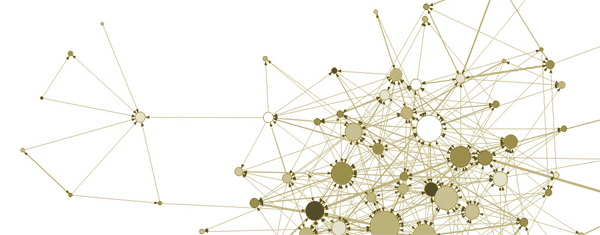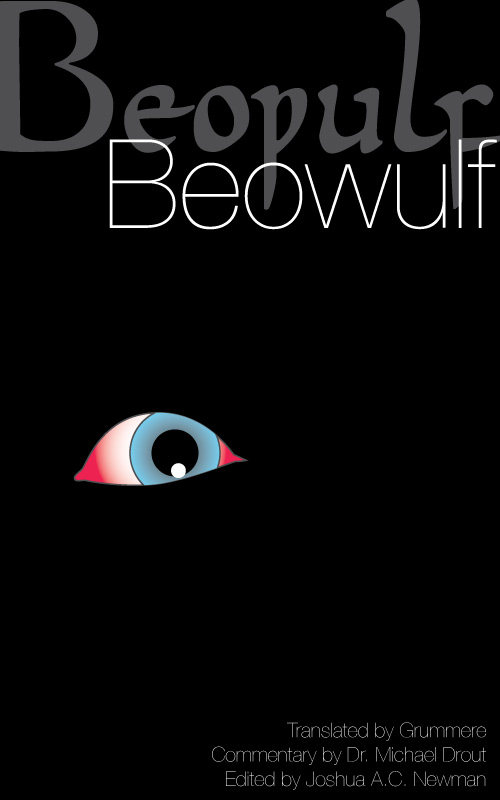(EDIT: I’ve changed the header image that was originally on this post because it was NSFW. For posterity, in case someone is curious, you can find the original image here. Edit: No, Rob. That wasn’t the real image. That was for a completely… different project.)
52:24 long & 50.3 MB big
In this episode, Robert Bohl (designer of Misspent Youth) and Joshua A. C. Newman (designer of shock: social science fiction), we talk about a few possible initial scenarios, and decide which one we want to explore first. There’s some good progress here from the absolute slaughter and misery we inflicted on each other in the prior episode.
Joshua’s homework and Rob’s notes during the show
– Joshua tries to let Rob off the hook for being lazy
– Vincent Baker gave us extremely helpful feedback on the forum
– We get more status by talking about Vincent’s input than we do from discussing Paul Beakley’s
– Joshua talks about a whispered Story Games thread between he and Alexandre (board name Kobayashi), who was a soldier in the Yugoslav Wars
– Joshua’s scenario idea is the refugee one
– In LIFELESS, you play…. (around 10:30)
– Simon C’s feedback, which brings up discussion of Vincent’s fiction-first posts
– Bruce Sterling’s Schismatrix and Crystal Express
– Requisite references to Dollhouse and Richard K. Morgan’s Takeshi Kovacs novels
– We settle on the refugee thing, as at least the first “module”
– A mention of (and spoiler for) the film Silent Running
– Emily Care Boss’s Sign in Stranger
– We want to have the game to come with the scenario all set to go, like John Harper’s Lady Blackbird
– Our homework: each of us writes: a setup for the war, 6 characters, a relationship map, and the initiating technology that made it terrible
– No listener homework
– Working title: “Lifeless”
– We mention the comic book/game store we were about to head to in Northampton, MA: Modern Myths
You can subscribe to the show by plugging the RSS feed URL into your preferred podcatcher. You can also use the one-click iTunes button thingie:
The intro music is “Gotta Whizz” by Boris the Sprinkler, from the album Mega Anal. The outgoing music is from the same band and the same album. The song is called Sheena’s Got a Microwave Now, and I chose it because it’s the harrowing story of a love denied and interfered with by an insurmountable gap in technology.







